A new study shows that a first-of-its-kind rapid test could identify which COVID-19 patients are responding to drug treatments and which patients are still deteriorating and need higher doses of medication. Findings on this method and on a second test that could predict COVID-19 severity were presented today at the virtual 2020 AACC Annual Scientific Meeting & Clinical Lab Expo.
A Test That Shows If COVID-19 Treatment Is Working
Studies are now showing that drugs known as corticosteroids reduce the risk of death in critically ill COVID-19 patients by one-third. In spite of the promise of these drugs, though, clinicians still have concerns about their potential side effects. Corticosteroids work by dampening the activity of a patient's immune system to prevent it from attacking and damaging the lungs. Clinicians, therefore, worry that prescribing these drugs either too early or at too high a dosage could worsen a patient's condition by hindering the body's ability to clear the virus.
A team of researchers led by Tahel Ilan Ber, MD, and Eran Eden, PhD, of MeMed, and Shaul Lev, MD, of the Rabin Medical Center in Israel, have now demonstrated that MeMed's 15-minute blood test for the protein interferon-gamma induced protein 10 (IP-10) could help guide treatment with corticosteroids. Using this test, the researchers measured IP-10 levels twice a day over the course of a month in 52 SARS-CoV-2 positive patients, 26 of whom developed severe COVID-19.
This revealed that severe patients had very high median IP-10 levels (1,190 pg/mL) compared to the median IP-10 levels of the non-severe group (328 pg/mL). In 17 of the severe patients treated with corticosteroids, though, median IP-10 levels fell from 2,961 pg/mL to 372 pg/mL within 3-5 days. Only two of these patients eventually died of COVID-19-related complications, and both of them exhibited IP-10 flare-ups of >1,000 pg/mL after initiation of corticosteroids.
"Our findings show that IP-10 testing could be used to identify patients who are not responding to standard corticosteroid regimens and who need more aggressive treatment—something that physicians were afraid to resort to before because they didn't know what effect it would have," said Dr. Ilan Ber.
Predicting COVID-19 Severity Early
Another major challenge in the fight against COVID-19 has simply been ensuring that hospitals have enough ICU beds and ventilators for patients who need intensive care.
Two different research teams have now shown that a blood test for calprotectin could predict which patients are at risk of decline, enabling hospitals to better allocate essential resources. Using this test, the first team, led by Aleksandra Mandic Havelka, PhD, from Karolinska Institute and Gentian Diagnostics in Stockholm, Sweden, found that ICU patients with COVID-19 had significantly higher calprotectin levels compared with ICU patients without COVID-19. The second team, led by Luis García de Guadiana-Romualdo, PhD, of Hospital Universitario Santa Lucía in Cartagena, Spain, then found that calprotectin levels were significantly higher in COVID-19 patients who required mechanical ventilation and/or died compared with other non-severe COVID-19 patients.
The second team also compared the calprotectin test's performance with that of other tests for COVID-19 severity that are currently in use. Out of the other tests they studied, they found that a test for C-reactive protein (CRP) was the only one that predicted both patient need for mechanical ventilation and mortality as accurately as calprotectin.
"The important difference between CRP and calprotectin is that calprotectin is a much faster biomarker for inflammation and infection and an earlier indicator that a patient is getting worse," said Dr. Havelka, who also worked on the second study. "This means that calprotectin is better suited for making urgent decisions about which COVID-19 patients need to be prioritized and treated with the optimal level of care."
About the 2020 AACC Annual Scientific Meeting & Clinical Lab Expo
The AACC Annual Scientific Meeting offers 5 days packed with opportunities to learn about exciting science from December 13-17, all available on an online platform. This year, there is a concerted focus on the latest updates on testing for COVID-19, including a talk with current White House Coronavirus Task Force testing czar, Admiral Brett Giroir. Plenary sessions include discussions on using artificial intelligence and machine learning to improve patient outcomes, new therapies for cancer, creating cross-functional diagnostic management teams, and accelerating health research and medical breakthroughs through the use of precision medicine.
At the virtual AACC Clinical Lab Expo, more than 170 exhibitors will fill the digital floor with displays and vital information about the latest diagnostic technology, including but not limited to SARS-CoV-2 testing, mobile health, molecular diagnostics, mass spectrometry, point-of-care, and automation.
About AACC
Dedicated to achieving better health through laboratory medicine, AACC brings together more than 50,000 clinical laboratory professionals, physicians, research scientists, and business leaders from around the world focused on clinical chemistry, molecular diagnostics, mass spectrometry, translational medicine, lab management, and other areas of progressing laboratory science. Since 1948, AACC has worked to advance the common interests of the field, providing programs that advance scientific collaboration, knowledge, expertise, and innovation

 A new study shows that a first-of-its-kind rapid test could identify which COVID-19 patients are responding to drug treatments and which patients are still deteriorating and need higher doses of medication.
A new study shows that a first-of-its-kind rapid test could identify which COVID-19 patients are responding to drug treatments and which patients are still deteriorating and need higher doses of medication.






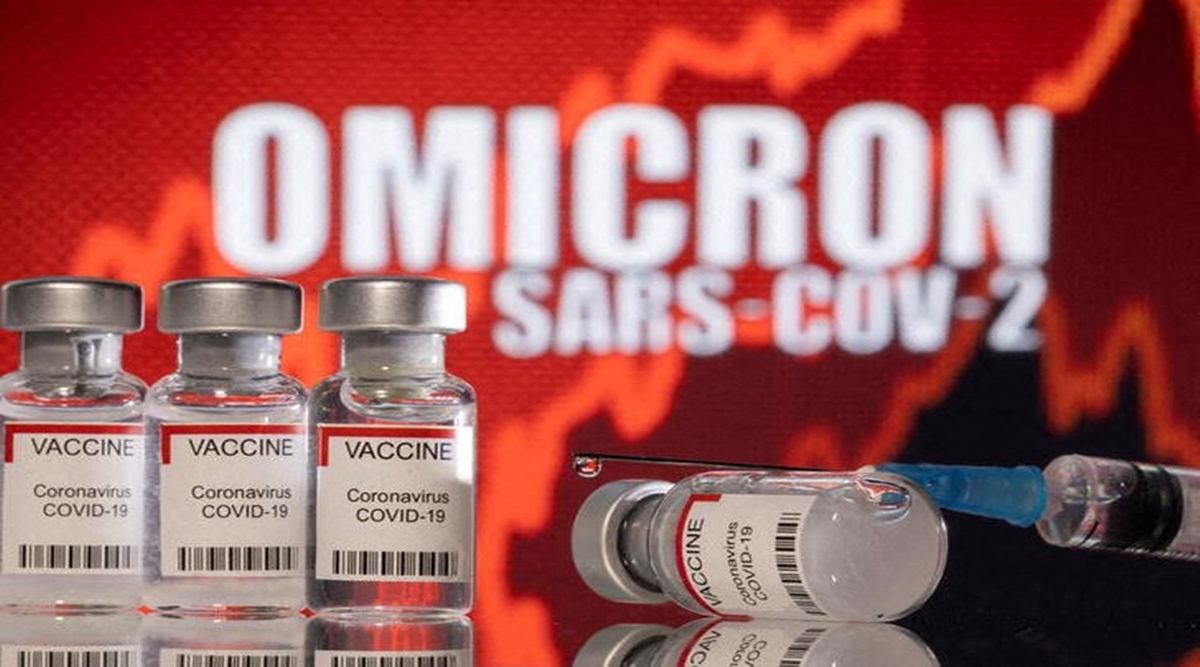
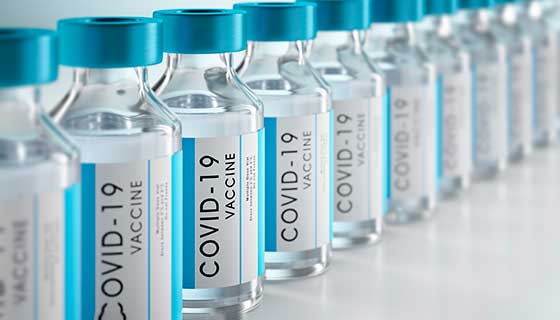
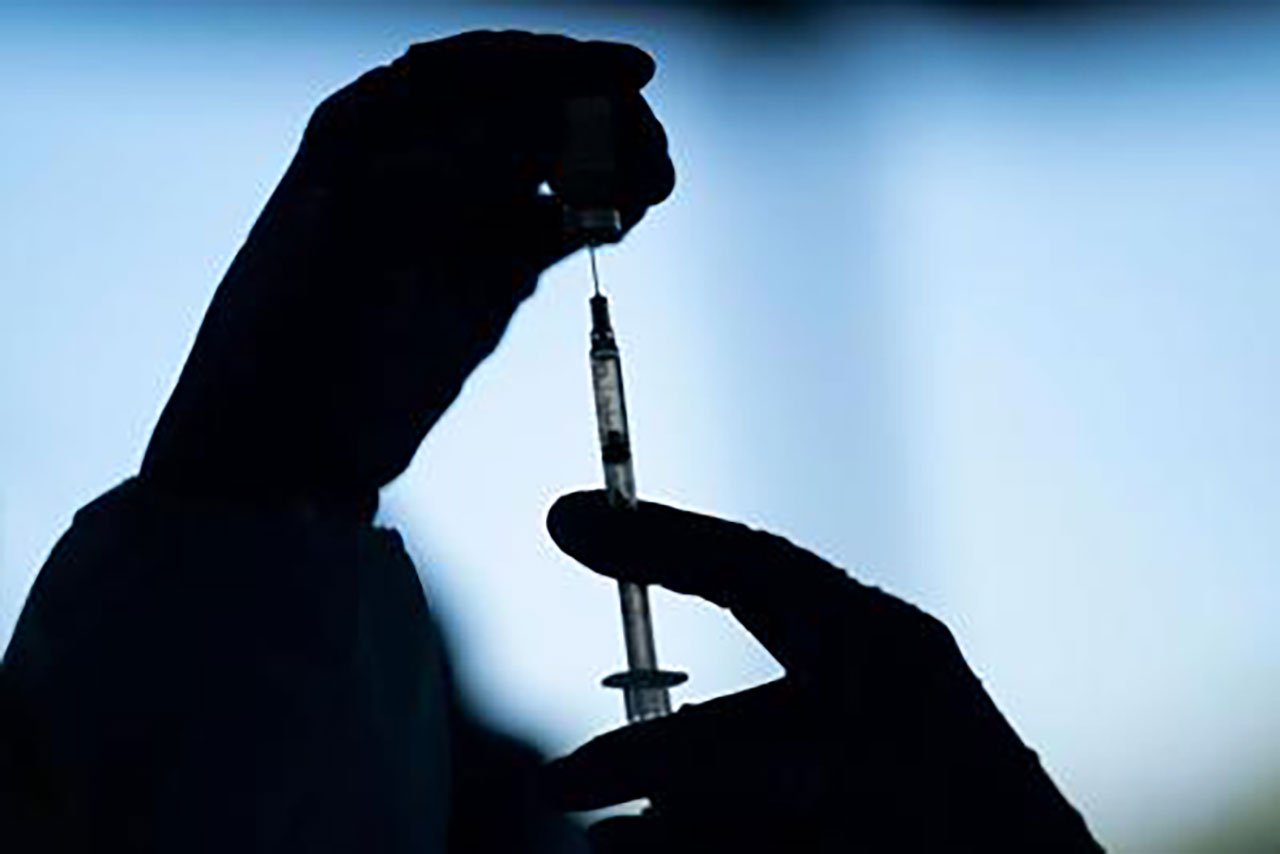
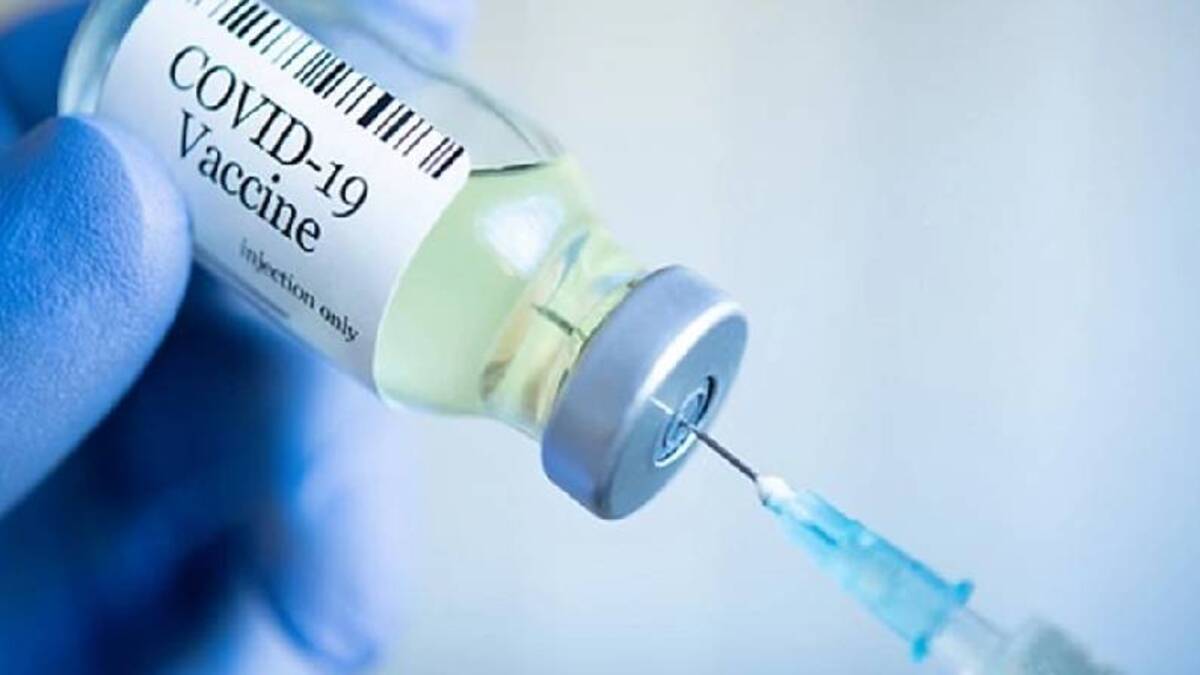

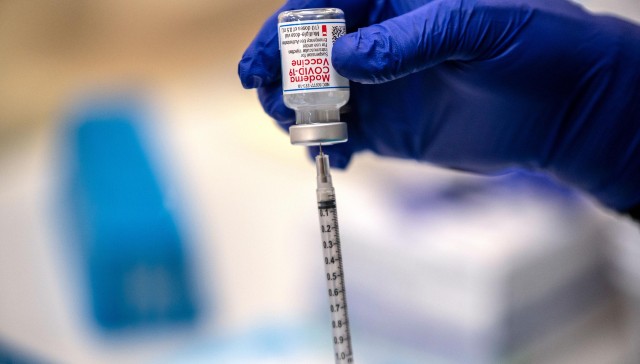
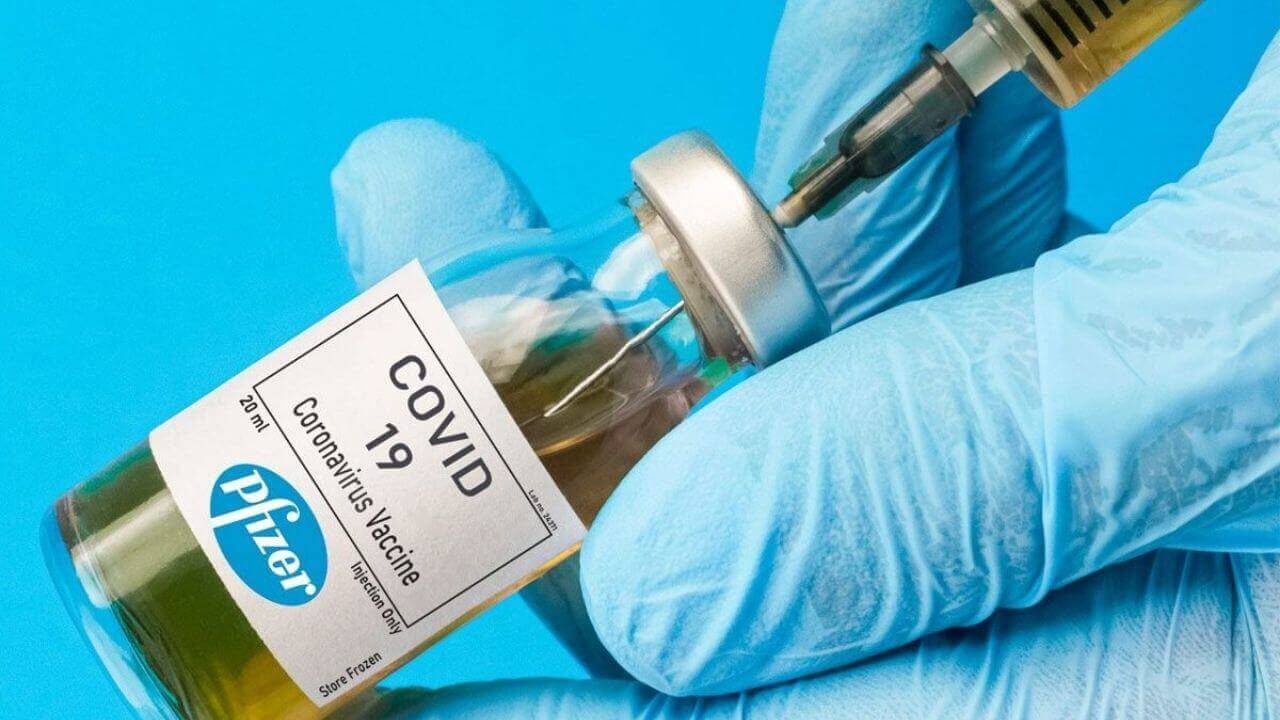






.jpeg)

.jpeg)










.jpg)




.jpg)

